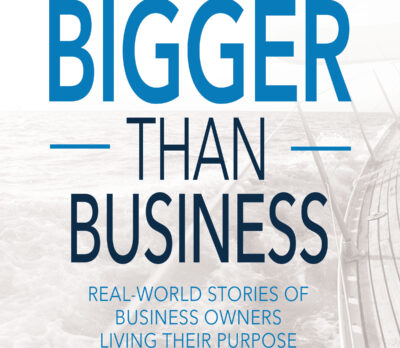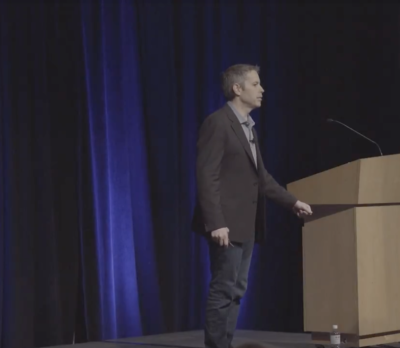Imagine yourself in a lunch meeting with a private equity investor. You notice he’s rude to the waiter and to his assistant but treats you like you’re the most important person in the room. It’s reasonable to wonder whether his attitude toward you will change once he gets what he wants—namely, your company. Then you have to work with him for the next five years, and so does the rest of your team.
Even the smallest indications of who this person is can be significant information about the future. Each interaction with a potential buyer (or investor) helps you to fill in another blank spot in the picture. What could you conclude from the fact that this person is dismissive or disdainful of his associates or analysts? If his behavior is materially different from the way you treat the junior people on your team, that may be important information. After all, that person is going to be on your board when this transaction closes, and he may have a fundamentally different value system that informs his view of how to work with employees.
While an investor is not really a “boss”, you will still notice a difference when their values are not aligned. Values tend to leak from the new owners into the business, and if you do not see eye to eye with an investor, you may find yourself thwarted at every turn as you try to execute on having a great culture. A first impression will not always show you the underlying values that drive an investor.
It almost takes an anthropologist’s inquiring mind to get a good read on a promising buyer. You ask big-picture questions to glean some insight into the buyer’s thinking. Observe how he interacts with his senior team and second line. Study the stressors that come up in the process, and note how he handles them. See if he has the confidence to reveal real setbacks and the empathy to learn from them. Do those things, and you increase the odds of finding a good match.
Diligence is often approached as if an investor is the only party that should be carrying out a careful study. That one-sided process could not be farther from the reality, where reverse diligence is equally important. If you’ve done the work to get clear on who you are and what you want, you’ll be able to look very quickly at potential buyers and know whether there is a chance they rate highly on the dimensions you care about. If the answer is no, you can save some time. And if the answer is yes, plan on spending some real time together.
Here’s how to start really digging into reverse diligence: Book a flight to spend a day or two at the acquirer’s headquarters. Wander around, meet people and chat with them. Does the experience match the brand you see on their website? Does it feel the same as talking to their team on the phone?
Some companies know exactly what to say and how to say it when they face the world, but those short bursts of image management mask an unhealthy culture.
You may find the place is not anything like what they presented at your first meeting. It may be dark and deadly quiet, with gloomy employees shuffling around looking down at the floor. Reverse diligence allows you to distinguish a real culture fit from a tightly controlled, public relations performance. (Chapter 5 of my book, Selling Without Selling Out, goes into more depth about reverse diligence.)
For each potential buyer or investor, you evaluate the effect of that transaction on each of your stakeholders, but there is more to it than that. Unless you are planning to throw the buyer your keys and walk away, that buyer is going to be a new stakeholder on the other side of the transaction.
When you inherit a new stakeholder, even if that stakeholder is a corporation, you have to understand their wants and needs. You have to know what they want to see happen and what success looks like to them. If you walk into a relationship with an investor whose needs are compatible with the needs of your other stakeholders, as well as a match for your values, you’ve made a great decision.



